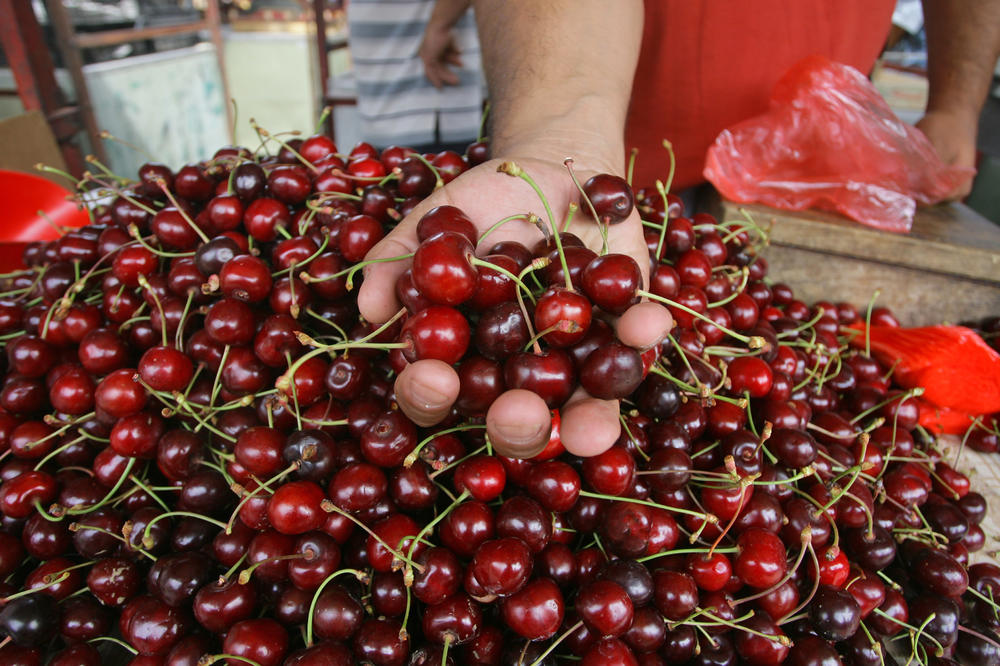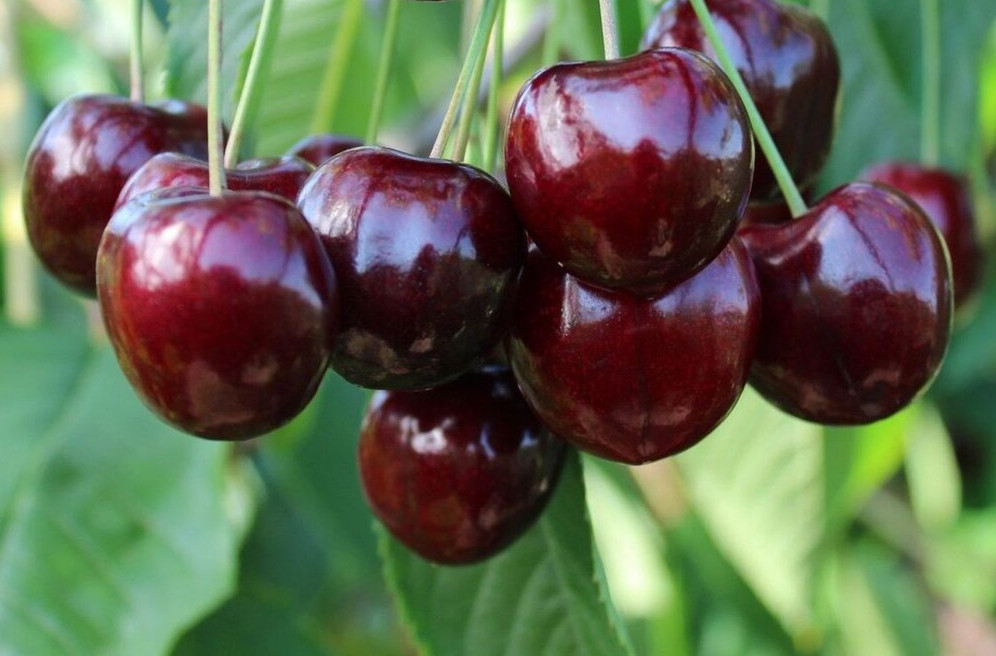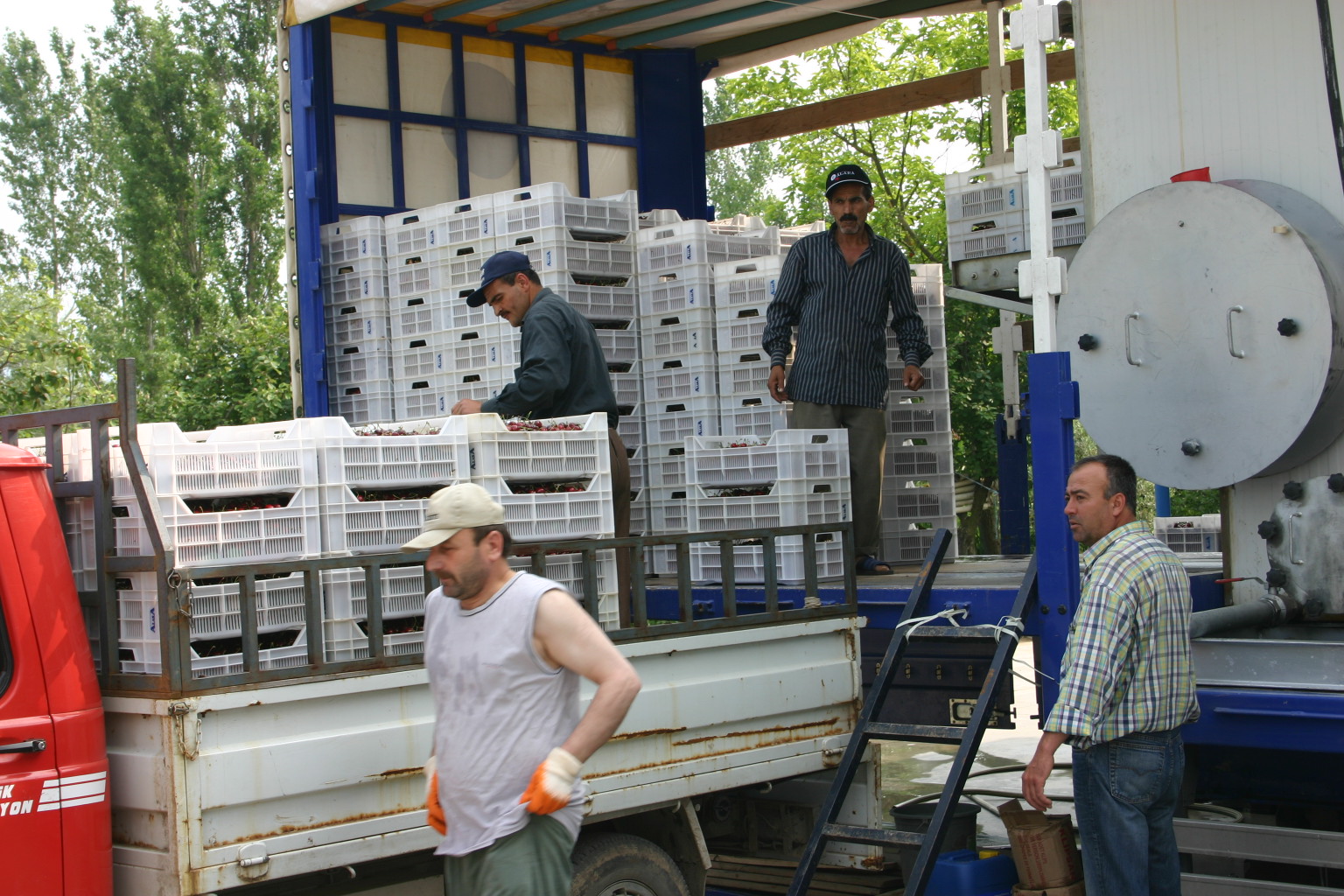The impact of severe drought and precipitation; the state of the cereal market; news on international trade; support programs for small producers and families; 3D-printed chocolate; Balkan rivers severely threatened by hydropower plants - Our weekly briefing on agriculture, food, and nature news in Serbia.
Drought Has Caused Severe Damage
Since the beginning of the 21st century, Serbia has faced severe droughts and extreme precipitation, which have caused significant economic losses estimated at over 6 billion euros.
More than 70% of these losses are attributed to drought and high temperatures, amounting to over 4 billion euros, according to the Nova Ekonomija portal. “Although the total amount of precipitation is not significantly decreasing, its distribution throughout the year is becoming irregular, increasing the risk of drought.”
“Regions that once had regular precipitation are now experiencing longer drought periods,” said Professor Vladimir Djurdjevic from the Faculty of Physics at the University of Belgrade.
Climate change is causing an increase in average temperatures and longer drought periods. These changes have a significant impact on agriculture, water supply, and human health. As highlighted by Nova Ekonomija, drought leads to reduced crop yields, water shortages, increased risk of fires, and land degradation.
At the end of last year, the Serbian government adopted a climate adaptation program. After the severe floods in 2014, there have been positive developments in disaster management, starting with improvements in the legal framework, development of recovery programs, and implementation of mitigation and preparedness measures.
“Many of these advancements have focused mainly on floods, while Serbia still lacks a national strategic document dedicated to drought, even though the economic losses associated with drought in some years are roughly equivalent to the 2014 floods,” Djurdjevic emphasized to Nova Ekonomija.
Support for Rakija Producers
The municipal administration of Kragujevac has established a fund to support small fruit brandy producers as part of the “Distillates for Distilleries” initiative. The initiative aims to provide professional assistance, equipment purchases, and guaranteed purchase prices.
The initiative was launched by the Regional Development Agency of Sumadija and Pomoravlje, the city of Kragujevac, the Regional Association of Brandy Producers “Sumadijska rakija,” and the Center for Grain and Rural Development.
The contract was signed by their representatives and the mayors of the municipalities of Aranđelovac and Raca. Nenad Popovic, Director of the Regional Development Agency of Sumadija and Pomoravlje, announced that the Regional Association of Brandy Producers will allow technological consultants to visit small producers and provide advice on how to improve production.
“Our distilleries will thus have a stable supply of quality distillates, and ‘domestic’ producers will have a guaranteed market for their distillates. This approach increases the overall amount of brandy that our region can offer on the Serbian market and beyond,” explained Popovic. He hopes this example will be successful and attract other local administrations in Sumadija and Pomoravlje next year. There are about 1,100 distilleries in Serbia.
Future and forward contracts are not yet developed in the cereal market.
The Serbian Minister of Commerce, Tomislav Momirovic, stated that farmers can access efficient cereal and oilseed price insurance through the Commodity Exchange, using the futures market and forward contracts to sell products during production.
After a meeting with the management of the Novi Sad Commodity Exchange, the Minister stated that “price security for agricultural products is of great, if not crucial, importance for Serbian agriculture,” according to the Ministry of Commerce’s statement.
“During the meeting, we noted that fluctuations in the prices of cereals and oilseeds on the global market are also reflected in Serbia and that price fluctuations can be expected in the near future due to climate changes affecting production volumes,” Momirovic said.
The Commodity Exchange market, he explained, allows farmers to avoid unpleasant surprises and ensure a profit for their products. According to Minister Momirovic, the Ministry of Commerce will continue to invest in initiatives that will improve the organization and security of the market.
“Due to a lack of knowledge about the process, only a small number of farmers use the forward pricing option, and the Ministry of Commerce, together with the Commodity Exchange and industry experts, will launch a systematic and ongoing education program on how to hedge cereal and oilseed prices in existing futures markets,” the Minister added.
 Image 1.
Image 1.
Serbia Remains One of the Major Cherry Exporters in Europe
Serbia has maintained its position as one of Europe's largest cherry exporters, earning almost 59 million euros from 42,600 tons of cherries exported last year, according to the latest data from the Statistical Office of Serbia (RZS).
The majority of the exports were destined for EU countries, with fresh cherries mainly ending up in Austria, Italy, Hungary, Germany, and Croatia, followed by exports to neighboring Bosnia and Herzegovina and Russia, reports the daily Blic.
RZS data show that the export of 3,321 tons of fresh cherries generated 7.6 million euros. A significantly higher income was obtained from the export of 32,543 tons of frozen cherries, which brought in 45.1 million euros. Imports were considerably lower, with only 2,017 tons of cherries of various categories worth 2.9 million euros, mainly imported from Germany, North Macedonia, Romania, and the Russian Federation.
Positive export data continued into the first quarter of this year: Serbia has already exported 11,504 tons of cherries worth 17.8 million euros, while imports were only 273 tons worth 402,000 euros. Among the most important buyers of frozen cherries this year are Russia with 4,742 tons, Germany with 2,330 tons, and France with 1,167 tons.
In terms of fresh cherries, 40 tons were exported, all to the German market, according to RZS statistics. Each year, Serbia produces about 90,000 tons of cherries on about 17,000 hectares, with half of the annual production coming from the Toplica region, the largest cherry producer in the country.
Houses for Young Couples in Rural Areas
The Minister for Rural Welfare, Milan Krkobabic, has shared with the public the “Program for the Allocation of Non-Repayable Funds for the Purchase of Rural Houses with Yards,” under which three thousand houses have been allocated. The latest one is located in the village of Simicevo, in the Municipality of Zabari.
“The total number of houses allocated so far is 3,015, providing shelter for more than 12,000 people,” said the Minister. The three hundred thousandth house was allocated to a single mother with three children, who will move to the village of Simicevo.
The Minister emphasized that this is a “great day for Serbian citizens and an absolute triumph for brave young people,” who are on average under 30 years old. “I particularly emphasize that even highly educated people are leaving urban areas and finding homes in villages across Serbia,” said Minister Krkobabic.
The Minister highlighted the unanimous support of Serbia for the program, regardless of national, religious, or political affiliation.
During the last session of the Commission for Approving Applications for the Purchase of Rural Housing, 110 houses were allocated in 50 local administrations throughout Serbia, where 150 adults and 78 children will live. “Since the beginning of this year, 365 houses have been allocated,” said Milan Prostran, President of the Commission. There are plans to distribute another 300 houses by the end of the year, making a total of 700 houses available for young people. This initiative includes locations in Belgrade, Vojvodina, and other regions across Serbia.
Local Wine Producers Invited to Exhibitions
On the 5th and 6th of August, local wine producers are invited to the exhibition in the town of Senta. This event is organized by the Serbian Association of Wine Producers, with the aim of promoting Serbian wines and strengthening the wine culture.
The exhibition will feature a wide range of Serbian wines from various regions, and attendees will have the opportunity to taste and purchase wines directly from producers. The event will also include educational sessions about wine production, tasting techniques, and the unique characteristics of Serbian wines.
The Serbian Association of Wine Producers invites both wine enthusiasts and professionals to attend and support local producers. This event represents a valuable opportunity to experience Serbia’s rich wine heritage and contribute to the growth of the local wine industry.
Balkan Rivers Under Threat from Hydropower Plants
The Balkan Peninsula is home to some of the most beautiful and ecologically significant rivers in Europe. However, these rivers are facing severe threats from the construction of hydropower plants.
Environmentalists and local communities are raising alarms about the potential impacts of these projects, which include disruptions to aquatic ecosystems, loss of biodiversity, and changes to river flow patterns. Many of these rivers are essential for local wildlife and provide vital resources for communities.
Efforts are being made to address these concerns and protect the rivers from further degradation. Advocacy groups are calling for stronger environmental regulations and increased transparency in the planning and implementation of hydropower projects. The situation highlights the need for a balance between energy development and environmental conservation to ensure the long-term health of the region’s rivers and ecosystems.
ClientEarth, an international non-governmental organization based in London, has warned that thousands of kilometers of pristine rivers in the Balkan countries are at risk of irreversible damage due to the proliferation of hydropower projects and non-compliance with EU standards, as reported by the French agency AFP in early July.
“According to ClientEarth’s report, the Balkans have some of Europe’s cleanest and wildest rivers, which are crucial reserves for the continent’s biodiversity. However, these rivers are seriously threatened by over 3,400 hydropower projects that, if implemented, would irreparably damage this biodiversity haven, which is home to endangered endemic river species,” warns ClientEarth.
The report highlights the systemic shortcomings of Western Balkan countries in adhering to EU environmental regulations that require impact assessments for each project. Albania, Bosnia and Herzegovina, North Macedonia, Montenegro, Serbia, and Kosovo are all (potential) candidates for EU membership and, therefore, must implement EU environmental directives and specifically request impact studies for each dam project if they hope to join.
Ulrich Eichelmann of the NGO Riverwatch told AFP that these countries conduct studies claiming that nature will not be affected, completing bureaucratic procedures to comply with the laws without respecting their intent.
“Governments do not take it seriously; they see it merely as a duty,” Eichelmann said, adding: ‘We are witnessing the privatization of common goods.’ Many of these studies follow a “copy and paste” method, said Amelie Iber of ClientEarth. “We realize that research has not been conducted, that much of the studies are copied and pasted from other projects, and that if no one contests these studies, the projects can proceed,” she explained.
Source: Ministry of Agriculture, Fisheries, Food Security and Nature
Image: Espresso
Cherry Times - All rights reserved











